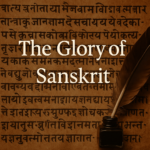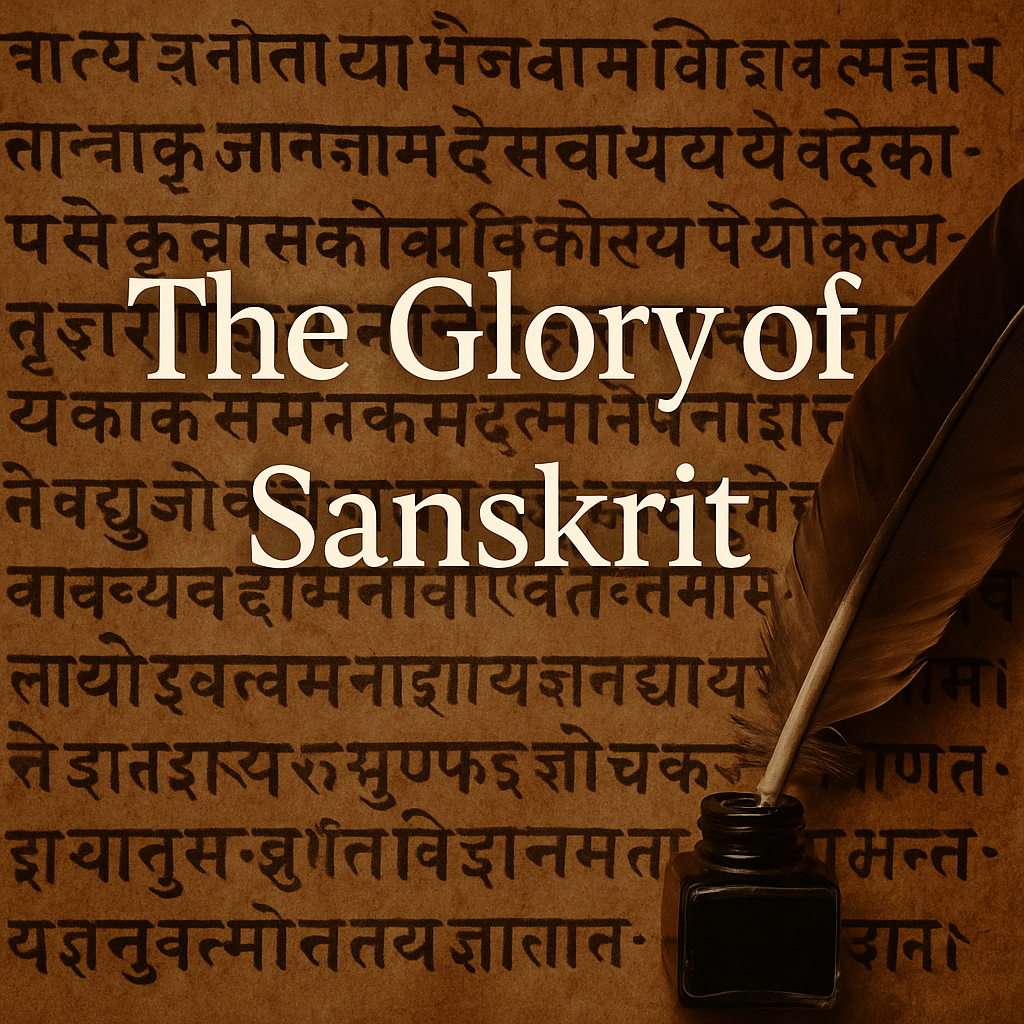In the grand galaxy of world literature, few stars shine as brightly and timelessly as Kalidasa. Often compared to Shakespeare, Kalidasa was not merely a poet or playwright — he was a master sculptor of words, who chiseled emotion, nature, and human experience into verses that still echo through time.
Celebrated as the crown jewel of Sanskrit literature, Kalidasa’s works are a testament to artistic refinement, philosophical depth, and linguistic beauty. His mastery over Sanskrit wasn’t just technical — it was deeply aesthetic, emotional, and intuitive, making him a timeless icon in the history of Indian literature.
Who Was Kalidasa?
Although the exact details of his life remain shrouded in legend, most scholars agree that Kalidasa lived during the Gupta period (4th to 5th century CE) — often called the Golden Age of India. He was likely a court poet under King Vikramaditya, and his works reflect the intellectual, artistic, and cultural zenith of his time.
The stories of Kalidasa’s transformation from a simpleton to a literary genius, blessed by the goddess Kali, are deeply symbolic — representing the power of divine grace and human potential.
Kalidasa’s Literary Excellence: The Marks of a Genius
1. Supreme Command of Language and Metaphor
Kalidasa’s use of the Sanskrit language is unparalleled. He possessed an extraordinary ability to weave simple words into rich poetic imagery. His metaphors and similes (rupakas and upamas) are not just decorative — they illuminate emotion and meaning with stunning clarity.
📘 Famous Example:
“Upama Kalidasasya” – A classical Sanskrit saying meaning “For similes, it is Kalidasa who sets the standard.”
Whether describing the beauty of dawn, the grace of a woman, or the pain of separation, Kalidasa’s imagery feels alive and pulsating.
2. Nature as a Living Character
Kalidasa had an unmatched sensitivity towards nature. In his poems and plays, rivers speak, mountains breathe, clouds carry emotions, and seasons dance. Nature is not a backdrop — it’s a mirror of human feelings.
📖 In Meghaduta (The Cloud Messenger), a cloud becomes a messenger of love, carrying a Yaksha’s message across the landscape of India. The work is a sublime fusion of geography, emotion, and poetry.
3. Emotional Depth and Human Psychology
Kalidasa’s characters are deeply human — they feel, struggle, hope, and transform. His understanding of rasa (emotional essence) was profound. From shringaara (love) and karuna (pathos) to veera (heroism) and shanta (peace), his works touch every emotional chord.
📘 Abhijnanasakuntalam (The Recognition of Shakuntala) is a prime example. The tender love between King Dushyanta and Shakuntala, their separation, and final reunion — all unfold with emotional richness and psychological depth.
4. Fusion of Mythology and Philosophy
Kalidasa was not only a poet but also a philosopher. His works are steeped in Hindu mythology, Upanishadic thought, and cosmic symbolism, yet they remain universal and relatable.
In Kumarasambhavam (The Birth of Kumara), he describes the love and marriage of Lord Shiva and Parvati — not just as divine events, but as symbolic unions of asceticism and devotion, masculine and feminine energies, cosmic balance and creation.
5. Drama and Dialogue
Kalidasa’s plays are masterpieces of dialogue, structure, and character development. He brings out dramatic tension, humor, romance, and moral lessons — all while keeping the language elevated.
📘 In Vikramorvashiyam, the celestial love story between King Pururavas and the nymph Urvashi is dramatized with passion and grace, blending earthly longing with divine beauty.
Why Kalidasa Still Matters
In an age where literature is often rushed or superficial, Kalidasa reminds us of the beauty of refinement, the power of expression, and the value of inner experience. His works are not merely read — they are felt, contemplated, and remembered.
He continues to inspire poets, playwrights, and thinkers across the globe. His work has been translated into dozens of languages, adapted into films and theater, and studied in universities around the world.
Conclusion: The Eternal Voice of Indian Literature
Kalidasa’s literary genius lies in his ability to blend humanity and divinity, emotion and intellect, nature and philosophy, all into verses that are musical, meaningful, and majestic. He is not just a figure of the past — he is a timeless voice, whispering to every generation that true beauty lies in wisdom, language, and love.
In celebrating Kalidasa, we celebrate not just a poet — but the soul of Sanskrit literature itself.


